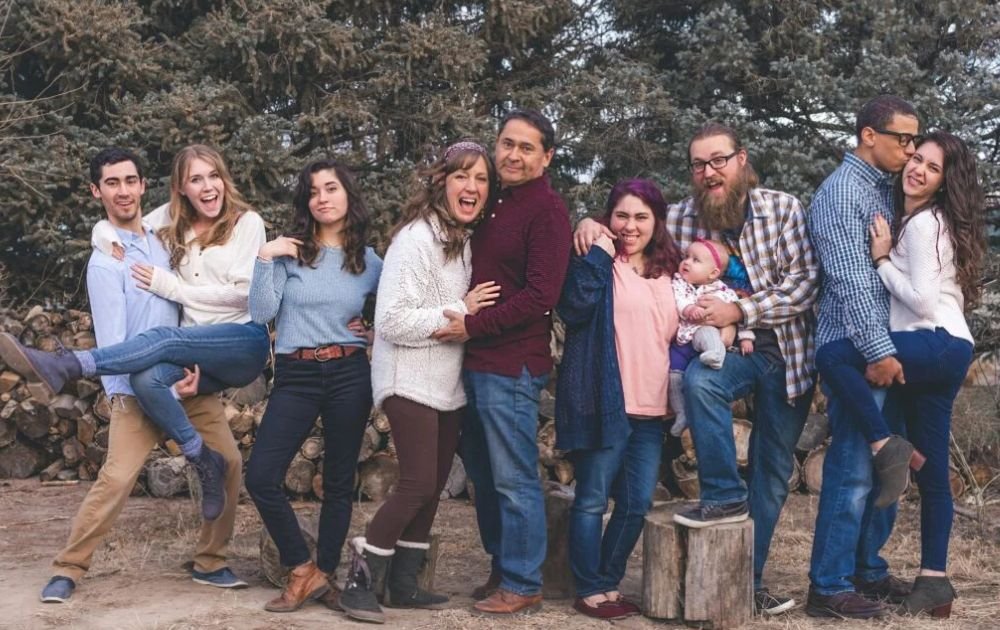
Blended family estate planning is essential, as it navigates the intricate relationships and unique histories that converge in a modern household. These families are a vibrant mosaic of connections, each bringing its own dynamics and challenges.
Among these challenges, estate planning emerges as a critical topic. It’s paramount to recognize the significance of effectively managing estates, wills, and trusts. This careful planning not only secures legal clarity but also ensures peace of mind in environments where the interplay of interests and legal connections may become particularly complex.
This post guides you through the critical considerations unique to blended families, whether you are just beginning to think about estate planning or looking to update existing arrangements.
Importance of Blended Family Estate Planning
First things first, it’s crucial to understand why estate planning is particularly important for blended families. Unlike traditional nuclear families, where the lines of inheritance are more clear-cut, blended families must deal with the distribution of assets to biological children, stepchildren, former spouses, and current spouses.
Without a detailed estate plan, the laws of intestate succession could leave your loved ones in unintended conundrums—even estrangement or legal battles.
Key Components of a Solid Estate Plan
Wills and Trusts
A will is essential to any estate plan because it specifies your wishes for asset distribution after you pass away. However, a trust can also be advantageous for blended families, providing greater control over the distribution of your assets.
Consider establishing trusts for each set of children, or trusts that can provide for a surviving spouse while still protecting the interests of all children.
Beneficiary Designations
Often overlooked, beneficiary designations on life insurance policies, retirement accounts, and other financial instruments bypass wills and trusts.
Review and update these designations on a regular basis following life events such as remarriage or the birth of additional children.
Guardianship
If there are minor children or dependents with special needs, guardianship is a paramount decision. If you cannot, think about who will care for them.
You should make this decision after discussing it with all parties involved and taking into account the dynamics of your blended family.
Durable Power of Attorney and Health Care Directives
These documents are vital to ensure that someone you trust can manage your finances and make medical decisions if you’re incapacitated. This person may be a spouse, but it’s not uncommon in blended families to appoint different people for these roles.
Communication
One of the most important yet challenging aspects of estate planning is maintaining open communication with family members. Transparency can prevent misunderstandings and tense relationships after your death, even though discussing estate plans can be difficult.

Common Pitfalls to Avoid
Failing To Update Existing Documents
Life changes, and so should your estate plan. Old documents can easily cause disputes among family members, particularly if they include ex-spouses or no longer reflect your current situation.
Underestimating Taxes
Taxes can significantly impact inheritance. To understand potential tax pitfalls and structure your estate in a tax-efficient manner, work with a financial advisor.
Overlooking Stepchildren
Legal systems often do not recognize stepchildren in the same way as biological or adopted children when it comes to inheritance. If you wish for stepchildren to inherit, include them explicitly in your estate plan.
Expert Guidance
Estate planning is a complex field, even more so for blended families. Enlist the help of estate planning professionals—llawyers, tax experts, and financial advisors—wwho understand the uniqueness of your family structure and can craft an estate plan that respects your wishes.
Conclusion
Blended family estate planning is an expression of profound love and responsibility. It ensures that every member of your family is looked after and respected, even in your absence.
The complexities and emotional weight of navigating estate planning in a blended family setting are significant, yet neglecting to address these issues can lead to even greater distress for your loved ones later on. By proactively managing your estate plans, you create a legacy of thoughtful foresight for the family you deeply value.
In the narrative of blended families, diverse backgrounds merge to craft a new, unified story. Within this story, meticulous estate planning plays a crucial role—not only in safeguarding assets and legacies but also in promoting harmony and well-being among those you cherish.
Remember, thoughtful planning today lays the foundation for a smoother journey for tomorrow’s blended family experiences.


